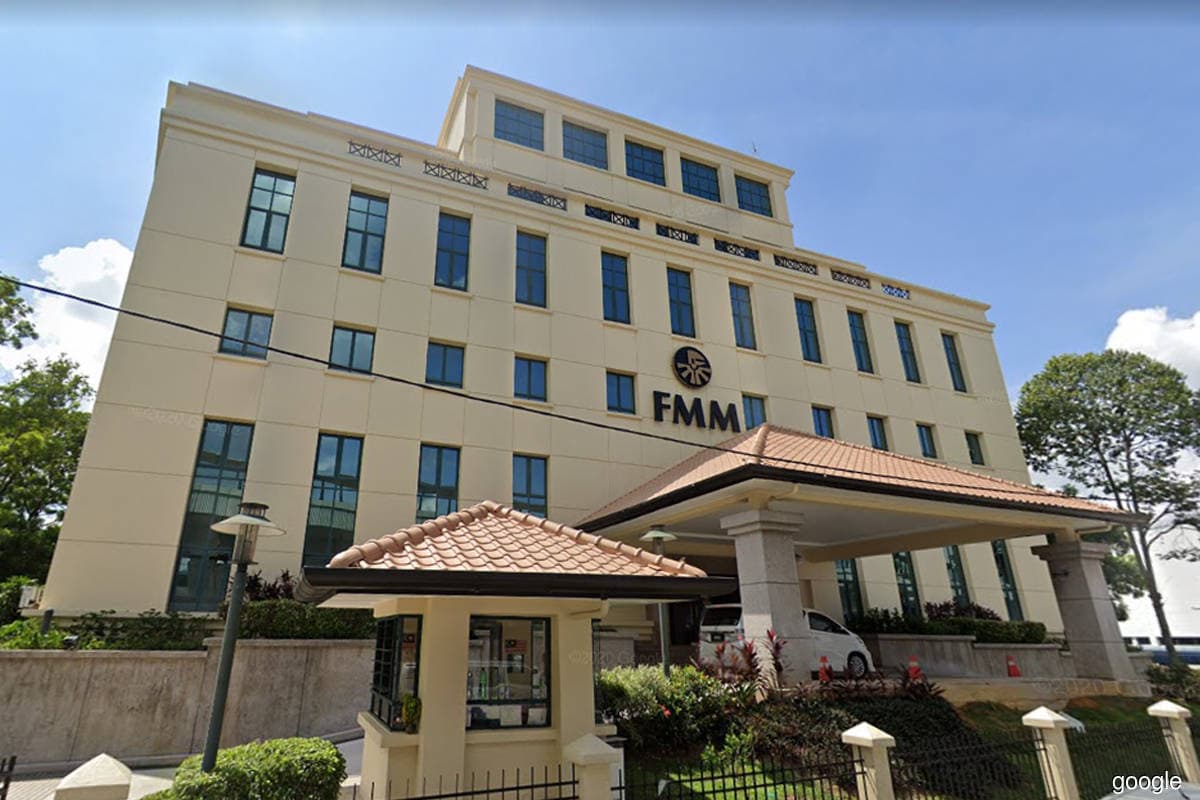
KUALA LUMPUR (Sept 9): The Federation of Malaysian Manufacturers (FMM) is looking forward to more long-term measures to support the manufacturing sector as greater transformation needs to take place to move towards more high-technology and high value-added products and operations.
Speaking at a session titled “Working Together to Achieve the NRP (National Recovery Plan)”, in conjunction with the National Recovery Summit themed “Winning the War against Covid — The Road to Recovery” today, FMM president Tan Sri Soh Thian Lai said the federation anticipates a steep acceleration in the adoption of Industry 4.0 (IR 4.0) technology and digitalisation as the Covid-19 pandemic had accelerated these changes by several years.
“Human capital support is another critical area in the recovery process, including having a more comprehensive manpower plan with greater focus on building a demand-led TVET (technical and vocational education and training) ecosystem, moving towards more implementation of automation and building the talent to support a more innovative environment,” he said.
Soh noted among the FMM’s and industry’s expectations for the government moving forward are to improve economic growth by focusing on generating better revenue and lower costs of doing business, as well as to improve well-being of the people by focusing on enhancing the purchasing power and lowering the cost of living.
In addition, the industry also expects the government to improve the confidence level of both foreign and domestic investors by focusing on the right policies, and strengthen the capital market and currency besides improving institutional reforms, especially by focusing on anti-corruption and betterment of government administration efficiency.
Meanwhile, Soh noted the tightening of Covid-19 lockdowns had taken a toll on business performance with business activity plummeting in the first half of the year (1H21).
He said the outlook for the next six months remains lacklustre as evident from the FMM-MIER Business Conditions Survey 1H2021 released on Sept 1.
“Business activity is expected to remain slow; domestic and export sales to remain weak; a drop in production volume and capacity utilisation; a slowdown in capital expenditure (capex); [and] employment is expected to be generally flat, while cost of production is expected to rise.
“Therefore it is of paramount importance to work together as a team to achieve the NRP by opening up all economic sectors now and have the necessary support from the government,” Soh said.
Soh also pointed out that the next one to two years will be challenging as financial reserves have depleted, cash flows remain constrained, operations are based on more stringent requirements, including higher operating costs, while markets have been severely impacted due to lockdowns and inability to meet orders.
Thus, support and assistance must continue for businesses to regain their footing towards recovery and building their resilience during this fragile period, he added.
“In this regard, the FMM sees the coming Budget 2022 and the soon-to-be announced 12th Malaysia Plan (12MP) as being critical to the NRP and revival of the economy given the gravity of the impact of the latest round of lockdowns has had on businesses and the economy.
“These coming two years will be a critical recovery period for most companies, having to rebuild their business and implement specific strategies to regain competitiveness and sustainability,” he said.
Soh opined that the Budget 2022 initiatives would be key to address some of the more immediate hurdles to recovery, such as addressing cash flow constraints and helping companies regain market share, especially in export markets, as many have had their markets impacted due to business closures and inability to meet their contract obligations, causing the termination of contracts by key customers.
“An improving investor confidence level is another core area which Budget 2022 will have to focus on as it has been severely dampened. Employment-related initiatives must be continued to ensure that unemployment levels are at a manageable level and to ensure that those who have been displaced are able to upskill and reskill and find new jobs quickly.
“There is also an urgent need to continue to drive business transformation, technology and digitisation adoption, productivity enhancement and innovation, which are critical to rebuilding resilience and reforming the economy. Lastly, equally important is the need to keep the regulatory cost burden low during this recovery period and to postpone any planned increases in regulatory cost,” he said.
The 12MP, on the other hand, should focus on more medium- and long-term recovery policies and measures to transform the economy from the impact of the pandemic on the overall business ecosystem and future-proof against any other future occurrences to ensure continued global competitiveness, said Soh.